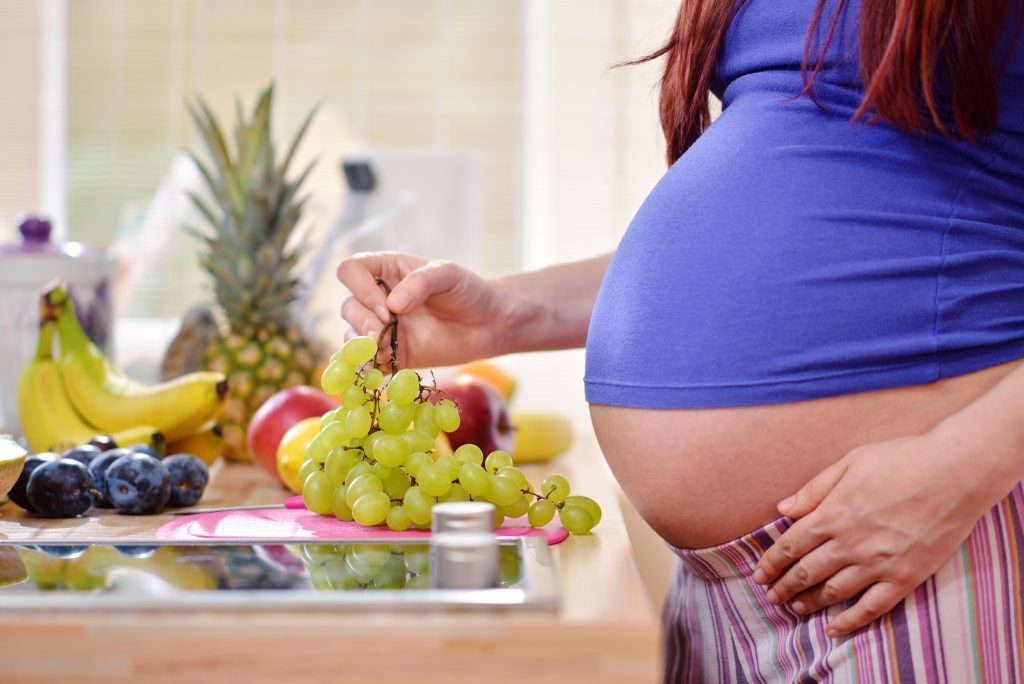
Healthy Eating During Pregnancy
There is never a better time to improve your eating habits than when you are pregnant, planning a pregnancy or breastfeeding. Good nutrition is important for your baby, even before conception.
Aim to lead a healthy lifestyle before becoming pregnant. This includes being active and maintaining or working towards a healthy weight. It is best you have a healthy, nutritious diet before becoming pregnant. This will help your nutrient stores to be ‘topped up’. You should try to include a wide variety of food from each of the food groups daily.
Folate, also known as folic acid, is one of the vitamins needed by everyone for good health. We find it in most plant foods especially green vegetables, wholegrain bread and cereals, dried beans and nuts.
Taking extra folate in the form of folic acid tablets in the very early stages of pregnancy can reduce the chance of having a baby with a neural tube defect. Spina bifida is the most common neural tube defect. This defect occurs when the spinal cord and brain are forming. This can happen before you know you are pregnant.
However, even if you eat foods naturally rich in folate, it is difficult to get the extra folate needed during early pregnancy. So although it is worthwhile increasing the folate in your diet, the best way to guarantee you get enough is to ‘top up’ with a folic acid tablet. You can do this by taking a 0.5 mg folic acid tablet, for at least one month before pregnancy and the first three months of pregnancy. Folic acid tablets are not expensive and are available from your local pharmacy without a prescription.
Some women may be at a higher risk of having a baby with a neural tube defect and will be recommended a higher dose of folate. Check with your doctor if you are uncertain.

When you are pregnant you do not need to ‘eat for two’! The quality of your diet is much more important than the quantity of food you eat. In fact, when you are pregnant your need for energy is only slightly higher than normal. Calcium, iron, protein, and folate are examples of nutrients which are extra important during pregnancy.
It is important for women who are pregnant to eat a balanced diet. This will help your baby to grow strong and healthy and meet your own nutritional needs as well. Foods you need are divided into five groups:
- Grain (cereal) foods, mostly wholegrain and/or high fiber varieties including bread, cereals, rice, pasta, noodles
- Vegetables, and legumes/beans
- Fruit
- Milk, yogurt, cheese and/or their alternatives, mostly reduced fat
- Lean meats and poultry, fish, eggs, nuts, and seeds, and legumes/beans
Each food group provides different nutrients. Try to choose a variety of foods from each of the food groups. Some foods do not fit into the five food groups. These are not essential for your body. These ‘extra’ foods, should be chosen only sometimes and in small amounts.
